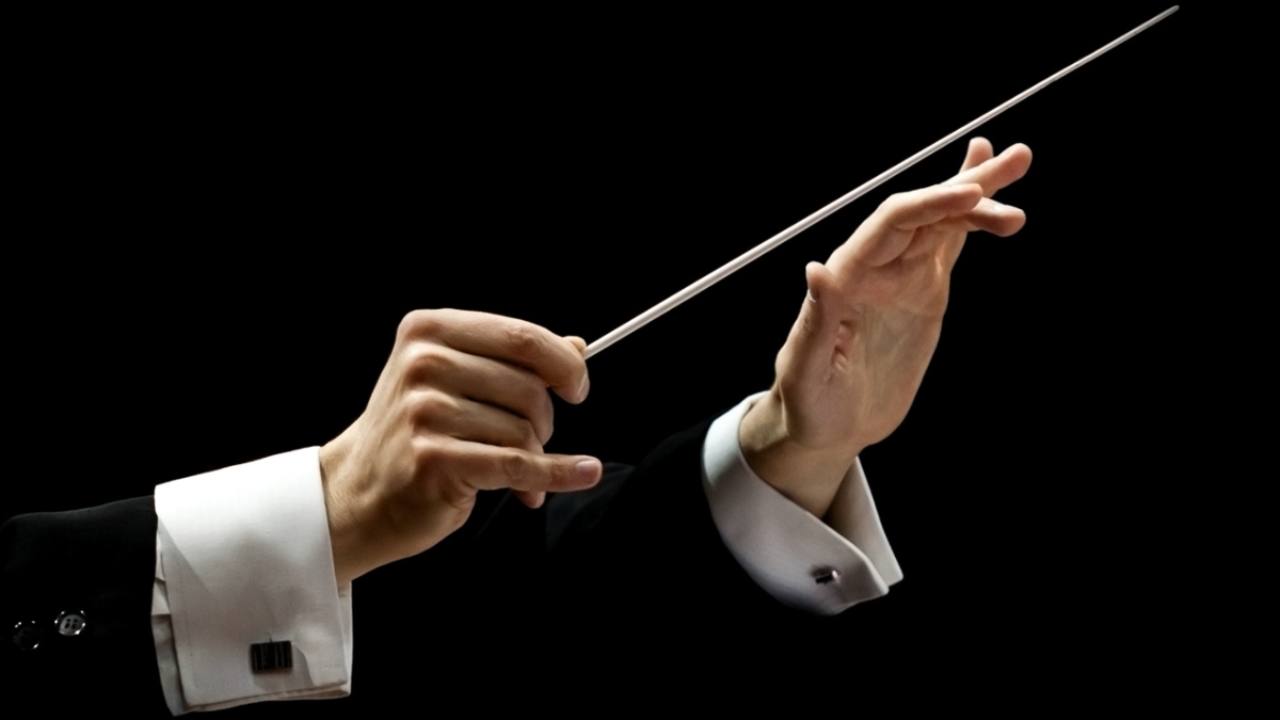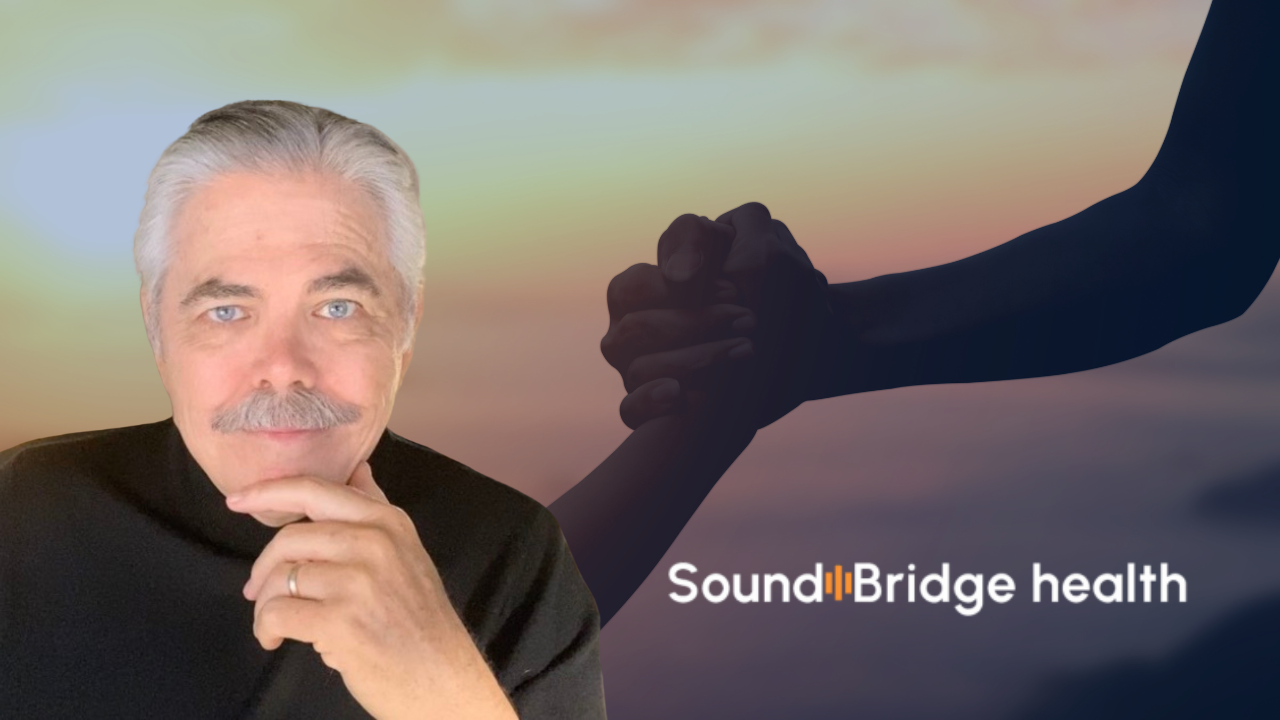The Conductor's Secret
Jun 16, 2025
That Moment When You Realize Everyone's Following Your Beat
You know that meeting where everything just clicked.
The one where ideas flowed, decisions happened naturally, and people left energized instead of drained. You walked out thinking, "Why can't all our meetings feel like that?"
And then there was that other meeting. The one where everyone seemed on edge from the moment someone walked in. Where simple discussions became complicated. Where people left looking exhausted.
What was the difference?
You've felt this in your own body.
Think about the last time you were in a meeting with a leader who was clearly stressed. Did you notice your own shoulders tensing up? Your breathing getting shallow? That slight knot in your stomach that wasn't there before you walked into the room?
That wasn't your imagination. That was your nervous system syncing with theirs.
This works both ways - you're creating the same effect.
Whether you're leading the meeting or simply participating, your energy affects everyone around you. Remember yesterday morning when you were running late, checked your phone, saw three "urgent" emails, and rushed into your first meeting still mentally processing them?
Your team felt that the moment you walked in. Not because of what you said, but because of the rhythm you brought with you. The pace of your movement. The tempo of your speech. The beat of your responses.
A lesson from being on the road:
Early in my career, I learned this lesson the hard way while working with Tom Jones. I was 23. Musically the gig wasn't challenging to me: (I conducted the second show flawlessly without any rehearsal). Days later, Johnny Spence, Tom's conductor and the person who hired me, died of a heart attack. I was suddenly thrust into a leadership role I wasn't prepared for. The "wheels" fell off. Everyone was grieving, behaving badly, and worse and I was in a position of authority yet no one would pay attention to me. As the pressure mounted, I started speaking faster, making decisions more quickly, creating urgency around everything instead of just the things that were actually urgent.
The result? I gave myself an ulcer from the stress I was creating and spreading to everyone around me. I was conducting panic instead of purpose, and everyone in the company could feel it.
You've probably noticed this pattern in your own experience:
- When your manager is calm and centered, your meetings tend to be more productive
- When they're frazzled, even simple discussions become harder
- When you're excited about something, that energy spreads to others
- When you're dreading a conversation, everyone in the room can sense it
This isn't coincidence. Energy is contagious whether you're leading or following.
That feeling when you walk into a room and know something's off.
You've experienced this. Maybe it was a leadership team meeting where the CEO was clearly stressed about earnings. Or a project meeting where someone was upset before it even started. You could feel the energy immediately, couldn't you?
Now think about the energy you bring into spaces—not just as a leader, but as a team member, colleague, or contributor.
You've had moments of accidentally conducting chaos.
Like when that crisis hit last quarter and you found yourself speaking faster, reacting more quickly, amplifying urgency even in routine conversations.
Remember how exhausted everyone was afterward? How it took days for the team to settle back into normal rhythm?
You were conducting a stress symphony without realizing it.
But you've also had those magical moments.
The ones where you walked into a difficult situation, stayed calm, and somehow that calmness spread to everyone else. Where your steady presence helped people think more clearly instead of react more quickly.
You felt the difference in the room, didn't you? How decisions got clearer instead of more frantic. How people contributed better ideas instead of just trying to keep up.
The breakthrough realization:
Years later, working with Quincy Jones on "The Color Purple," I experienced what conscious conducting felt like. During our meeting, Q created such a powerful, present energy that I felt like we were the only people on the planet. That experience taught me what it meant to be intentionally present rather than accidentally reactive.
Whether you're officially leading or simply participating, you can create that same focused, calming influence.
This week, notice your conducting style.
Pay attention to:
- How the energy in the room changes when you enter
- Whether people seem to speed up or slow down to match your pace
- How your morning mood affects your first interactions
- What happens when you consciously slow down by 20%
- Which conversations feel harmonious vs. which feel discordant
You already know what good conducting feels like.
You've been in meetings where someone created exactly the right energy for what needed to happen. Where the pace felt natural. Where silence didn't feel awkward. Where decisions emerged instead of being forced.
Whether you're leading the meeting or participating in it, you can contribute to creating that atmosphere.
The question is: what song do you want to help conduct tomorrow?

